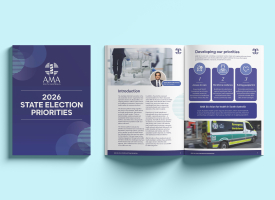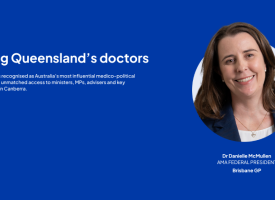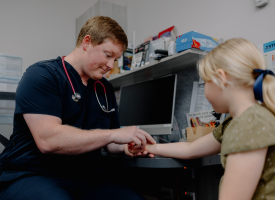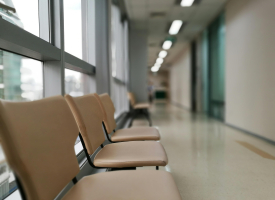AMA push to improve workplace culture in medicine
The AMA was vocal at a medical profession symposium to combat bullying, reinforcing zero-tolerance and advocating all states and territories legislate to make hospital boards responsible for the psychosocial wellbeing of their staff.
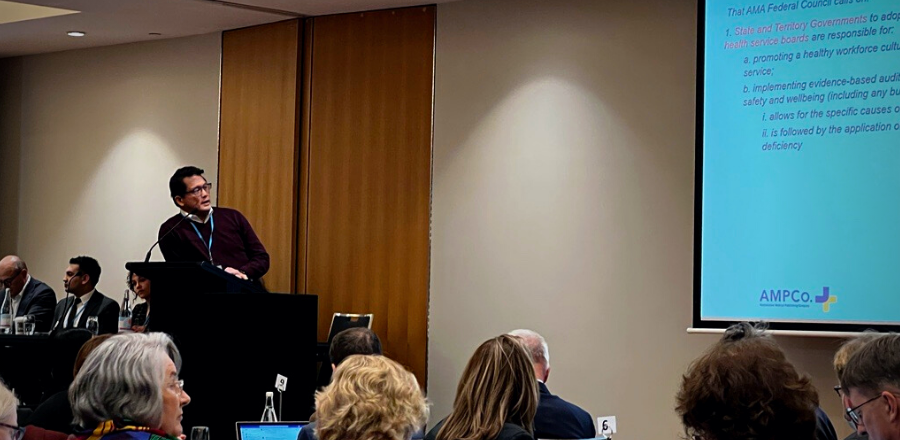
The AMA was vocal at a medical profession symposium to combat bullying, reinforcing zero-tolerance and advocating all states and territories legislate to make hospital boards responsible for the psychosocial wellbeing of their staff.
AMA Vice President Dr Chris Moy and Chair of the AMA Council of Doctors in Training (CDT), Dr Hash Abdeen made strong presentations to the symposium advocating the South Australian model of legislating to make hospital boards directly and explicitly responsible for the psychosocial wellbeing of their staff.
The Medical Board of Australia’s Culture of Medicine Symposium was convened following high occurrences of bullying and harassment reported in its latest Medical Training Survey. The survey found one in three Doctors in Training experienced or witnessed bullying, harassment or discrimination, and seven out of 10 of those said their medical training was adversely affected as a result.
Before the SA legislation passed in December, Dr Moy said it was unclear where responsibility for the wellbeing of hospital workers lay, and there was no requirement for hospital boards to act to provide a safe psychosocial workplace.
“We think the South Australian model provides the missing foundational piece for a national approach. Without a clear line of accountability, there is little action. Hospital boards, like their corporate counterparts, should have the wellbeing of their staff foremost in their minds alongside their responsibilities for patient care and budgets, and the AMA will be pushing all states and territories to adopt this model.
“The AMA couldn’t be clearer. We’ve reaffirmed our zero-tolerance approach to all forms of bullying, harassment and discrimination in our updated Position Statement which also makes recommendations to provide for and promote the physical and psychosocial health, safety, and wellbeing of medical professionals in the workplace,” Dr Moy said.
The CDT is also advocating for staff wellbeing to be included in the National Safety and Quality Health Service Standards with the Australian Commission on Safety and Quality in Health Care. This recognises that poor workplace culture impacts negatively on patient safety and is an integral component of accreditation.
Dr Abdeen said trainee doctors are disproportionately affected by bullying and harrassment because they are under the supervision of senior practitioners for years at a time in their training.
He said reminding doctors their patients can also be impacted by these behaviours can be effective.
“We are seeing more data and more evidence showing health outcomes for patients are diminished when practitioners work in an environment which does not support speaking up for safety. Cultural change is really what’s needed here but role modelling from senior leaders is key,” Dr Abdeen said.
